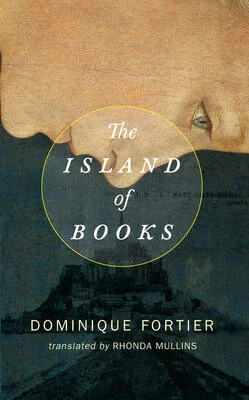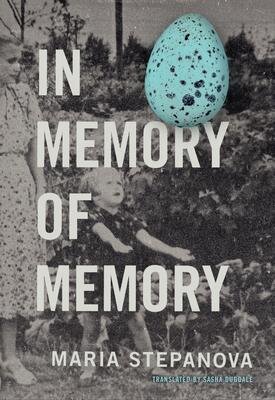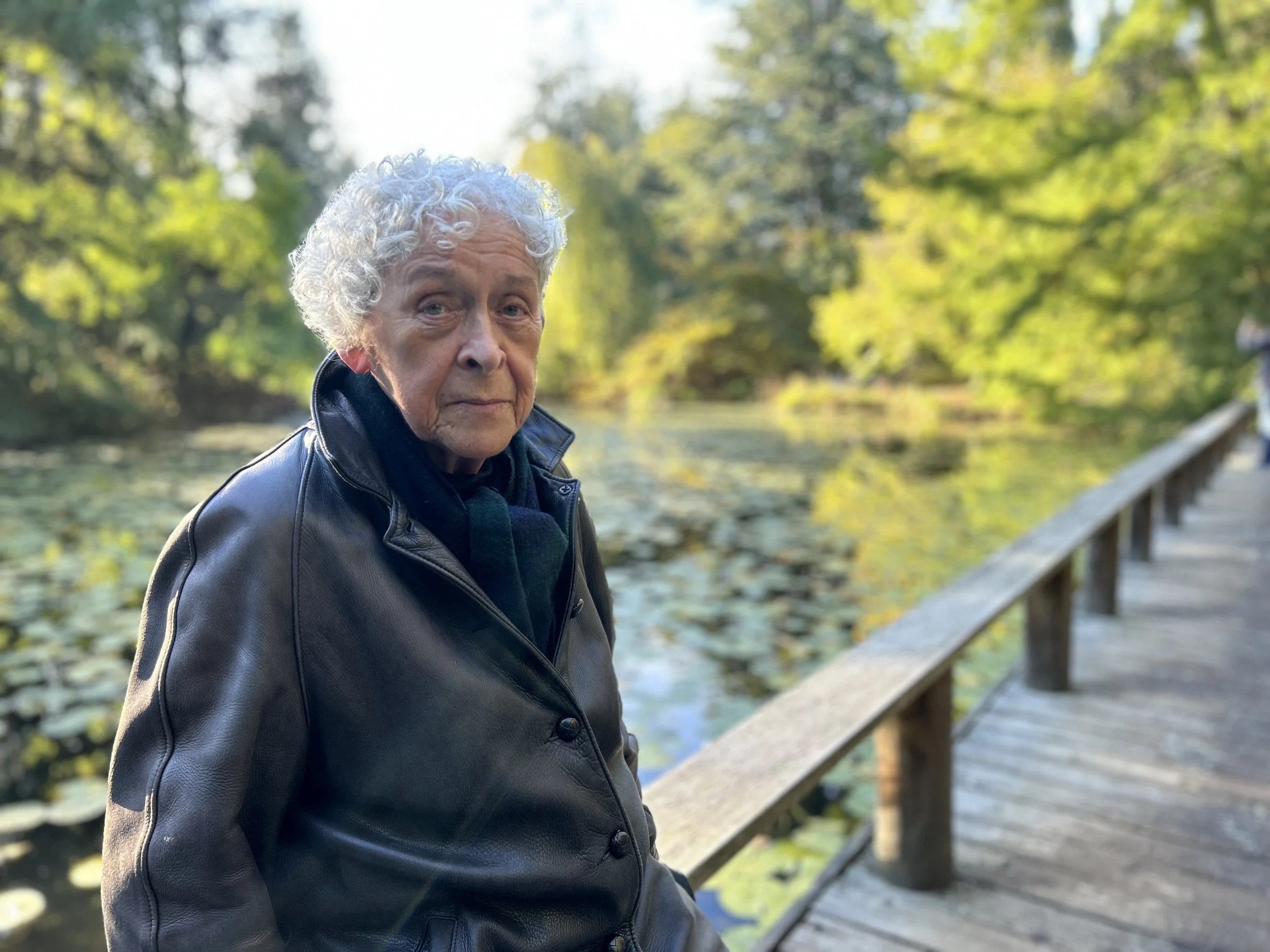Reading List: Fiction in translation opens the door to discovery and delight
Four recommendations from Upstart & Crow for books originally written in other languages and published in English
READ A SENTENCE that wasn’t originally written in your primary language and immediately your perspective, your mind, shifts. Which, when you think about it, is one of the main reasons people read books. Yet on average, fewer than three percent of books published in English annually were originally written in another language. And, although the number of books published in translation is increasing in Canada, sales account for just two per cent of the market overall.
One of our passions at Upstart & Crow is to introduce readers to fiction in translation. Here are four books in translation we love to recommend.
In Memory of Memory, by Maria Stepanova (Book*hug Press)
Book*hug is an indie press in Toronto that has consistently punched above its weight for years, somehow balancing high-literature and esoteric topics with highly readable, riveting works. Their list includes a wide range of literature in translation, including this dazzling work, recently shortlisted for the 2021 Booker Prize. In Memory of Memory blends personal and cultural history as Stepanova explores a century of Russia through family mementos. She blends essay, fiction, travelogue and historical documents into a panorama of poetic, intellectual ideas that make this a truly exquisite book.
The Island of Books, by Dominique Fortier (Coach House Books)
One of our perennial recommendations, The Island of Books was originally written in French and is one of many, many reminders of why translations from Quebec are so important to our national literary canon. This is a moving, rich, gentle celebration of writing, creativity and the essence of life always just outside our grasp, explored through the story of an illiterate scribe in Mont Saint Michel in the 15th century. At a time when different worlds seem so very far away, this novel feels both nostalgic and necessary. It basks in books, and words, and the poignancy of life.
There's No Such Thing as an Easy Job, by Kikuko Tsumura (Bloomsbury)
Kikuko Tsumara is one of Japan’s most celebrated writers, but this is her first book to be translated into English. Time calls it “a revelation” and critics across the globe have marvelled at the modern, Kafkaesque exploration of late capitalist life through the lens of modern Japanese culture and a woman embarking on various temp jobs while attempting to dissociate from the daily grind. Already a modern classic.
The Houseguest, by Amparo Dávila (New Directions)
We hear from many of our guests right now that books with vignettes, or short story collections, are ideal to reach for when our levels of concentration are as worn down as we feel. The late Amparo Dávila has been described as Poe for the new millennium. In this, her first collection to be translated into English from Spanish, she takes characters to new limits of desire, of paranoia, of fear. Her stories are as riveting as they are disconcerting, and you find yourself immersed, compelled to turn the page despite your psychological unease. This is a name to know and a book to savour.
Our delight with books in translation is not intended to suggest that authors writing in English don’t stack up against foreign writers. But in every language there are ideas, phrasings, relationships, cultural norms, sensibilities, and insights that are products of the languages themselves. As we’re coming to recognize here at home, the decline of many Indigenous languages has robbed whole communities of ways of knowing and being that were forged over thousands of years, and in some cases have no English equivalents. That’s why we think it’s important to discover and share stories from all over the world that have emerged from other than an English-speaking mind.

















